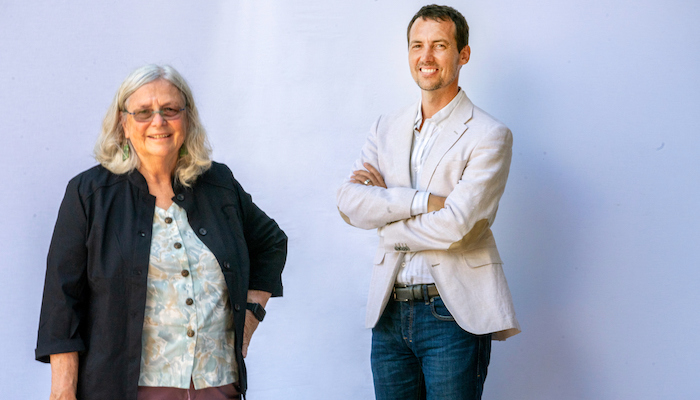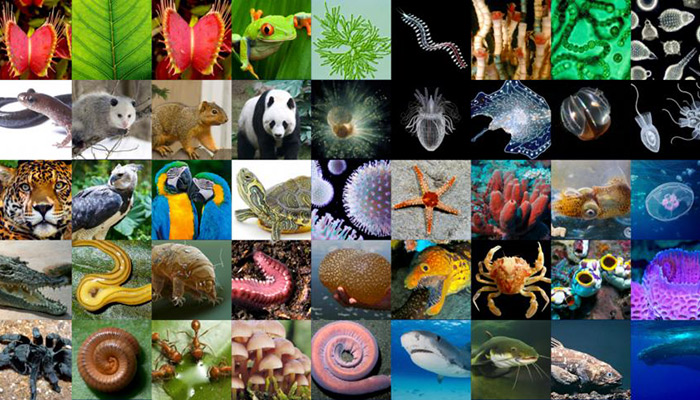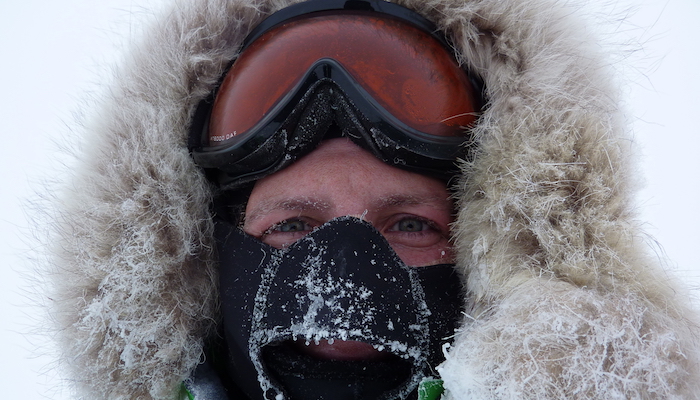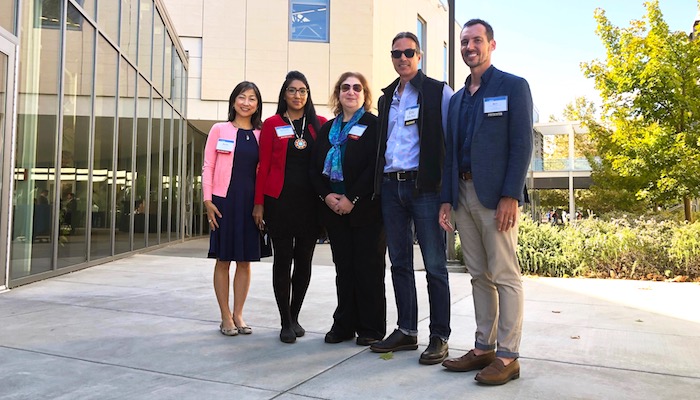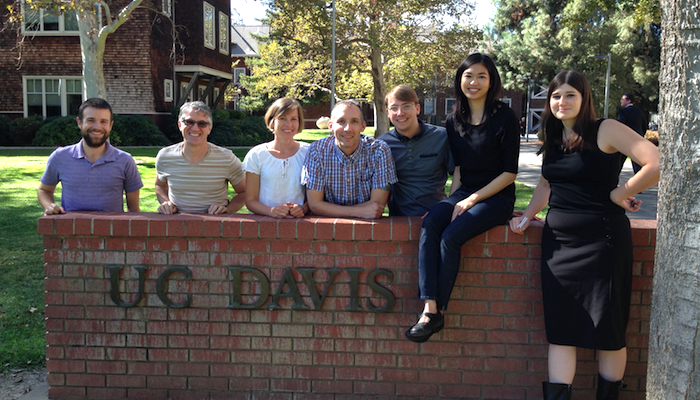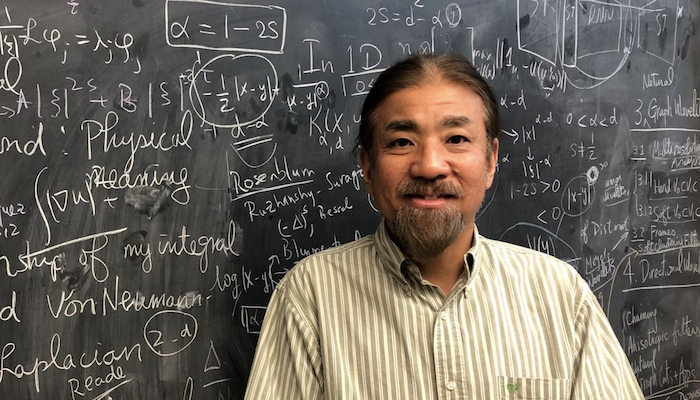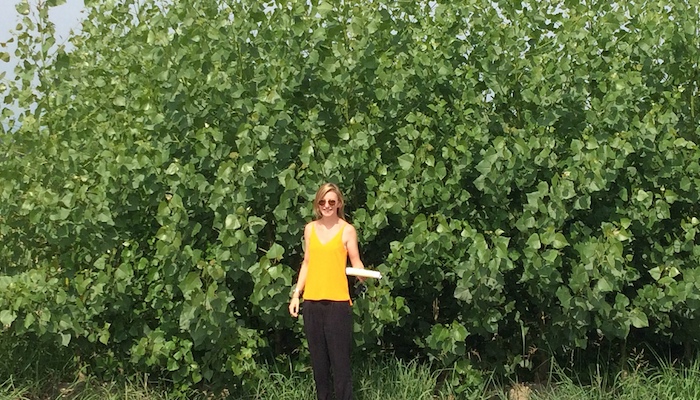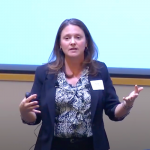Susan Ustin Appointed Interim Director of John Muir Institute of the Environment
By Lisa Howard
Vice Chancellor for Research Prasant Mohapatra announced the appointment of Susan Ustin as interim director of the John Muir Institute of the Environment effective August 1.
Ustin, a distinguished professor emeritus of environmental and resource sciences and the director of the UC Davis Center for Spatial Technologies and Remote Sensing (CSTARS), has been associate director of research at the Muir Institute since 2017.
Ustin, who retired from her faculty appointment last year, steps in to replace Benjamin Houlton, a professor in the Department of Land, Air and Water Resources. Houlton directed the Muir Institute for the last four years. Under his guidance, the program has become a leader in environmental sustainability and a hub for large multidisciplinary and out-of-the-box environmental programs.
“We are thankful for Dr. Houlton’s leadership and wish him well in his new endeavor,” said Mohapatra. “Dr. Ustin has worked closely with the programs in the Muir Institute over the past three years, and is herself a pioneer in environmental research. Her experience and demonstrated leadership will help the institute continue its progress and impact during this transition.”
Houlton is joining the faculty at Cornell University as dean of the College of Agriculture and Life Sciences. His new appointment begins October 1, 2020.
Ustin received a Ph.D. in botany from UC Davis in 1983, and joined the faculty in 1990. At that time, using research data from satellites and airplanes was considered novel, but she went on to become a world leader in the field of remote sensing, which is now considered a mainstay for tracking environmental changes around the globe.
“Despite the problems stemming from the COVID-19 pandemic, we need to move forward with solutions for energy, food and water security for California,” said Ustin. “There is no other organization on campus that has the breadth of mission to take on the intersecting program areas of environmental sustainability and health, climate change and sustainable solutions, and climate justice.”
Ustin will work with Majdi Abou Najm, associate professor, Department of Land, Air and Water Resources, and Beth Rose Middleton, professor and chair in the Department of Native American Studies, to help advance the Muir Institute’s One Climate program, which leverages the broad expertise at UC Davis to find solutions to the world’s most pressing climate problems.
Houlton will remain principal investigator for the UC Working Lands Innovation Center, which was initially supported by the state’s Climate Change Research Program. The center received a multi-year grant in 2019 from the California Strategic Growth Council to examine the capacity for soil amendments — rock, compost and biochar — to sequester greenhouse gases like carbon dioxide in agricultural soil.
About the Muir Institute
The John Muir Institute of the Environment, founded in 1997, is one of the largest and most well-connected institutes at UC Davis. It supports and creates visibility for cross-disciplinary innovation and discovery aimed at solving global environmental problems. Recent initiatives launched by the institute include One Climate, Polar Forum, Wild Energy and the World Water Initiative, among others.
The institute also serves as the administrative home for centers and programs that cross the boundaries of traditional academic colleges, schools and departments, including the UC Davis Natural Reserves, Center for Health and the Environment, Center for Watershed Sciences, Center for Spatial Technologies and Remote Sensing, as well as the academic peer-reviewed journal San Francisco Estuary and Watershed Science.
Media Contact(s)
- AJ Cheline, Office of Research, 530-752-1101, [email protected]
- Susan L. Ustin, John Muir Institute of the Environment, 530-754-9167, [email protected]
Resources
- John Muir Institute of the Environment
- How Susan Ustin Helped Launch a New Field of Study and Why She Continues to Study the Earth from Above
- Muir Institute News
Latest News & Events

